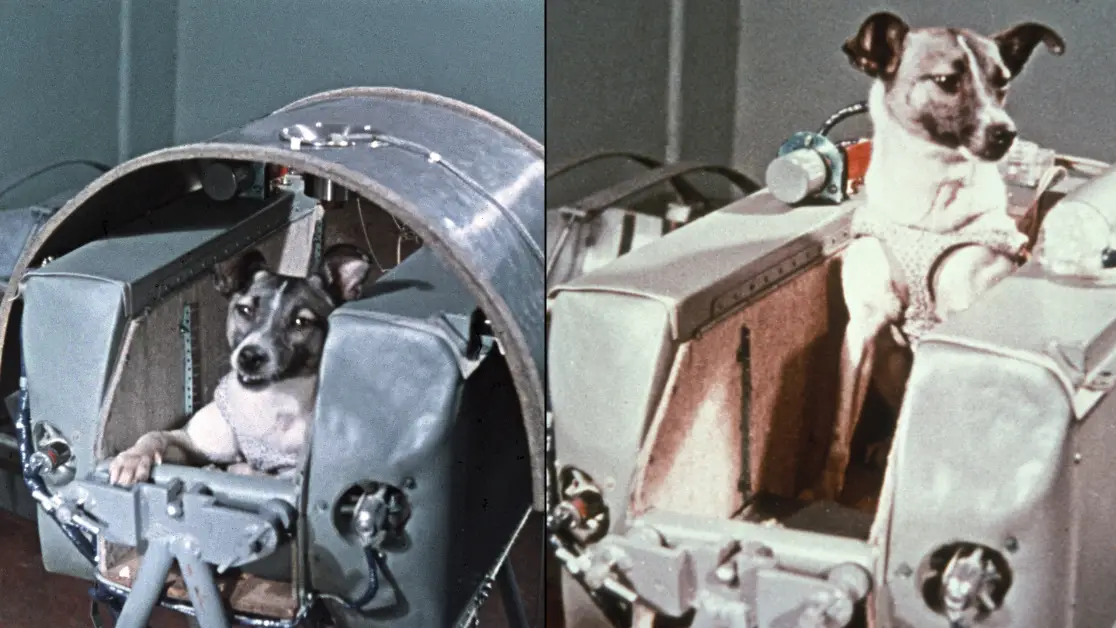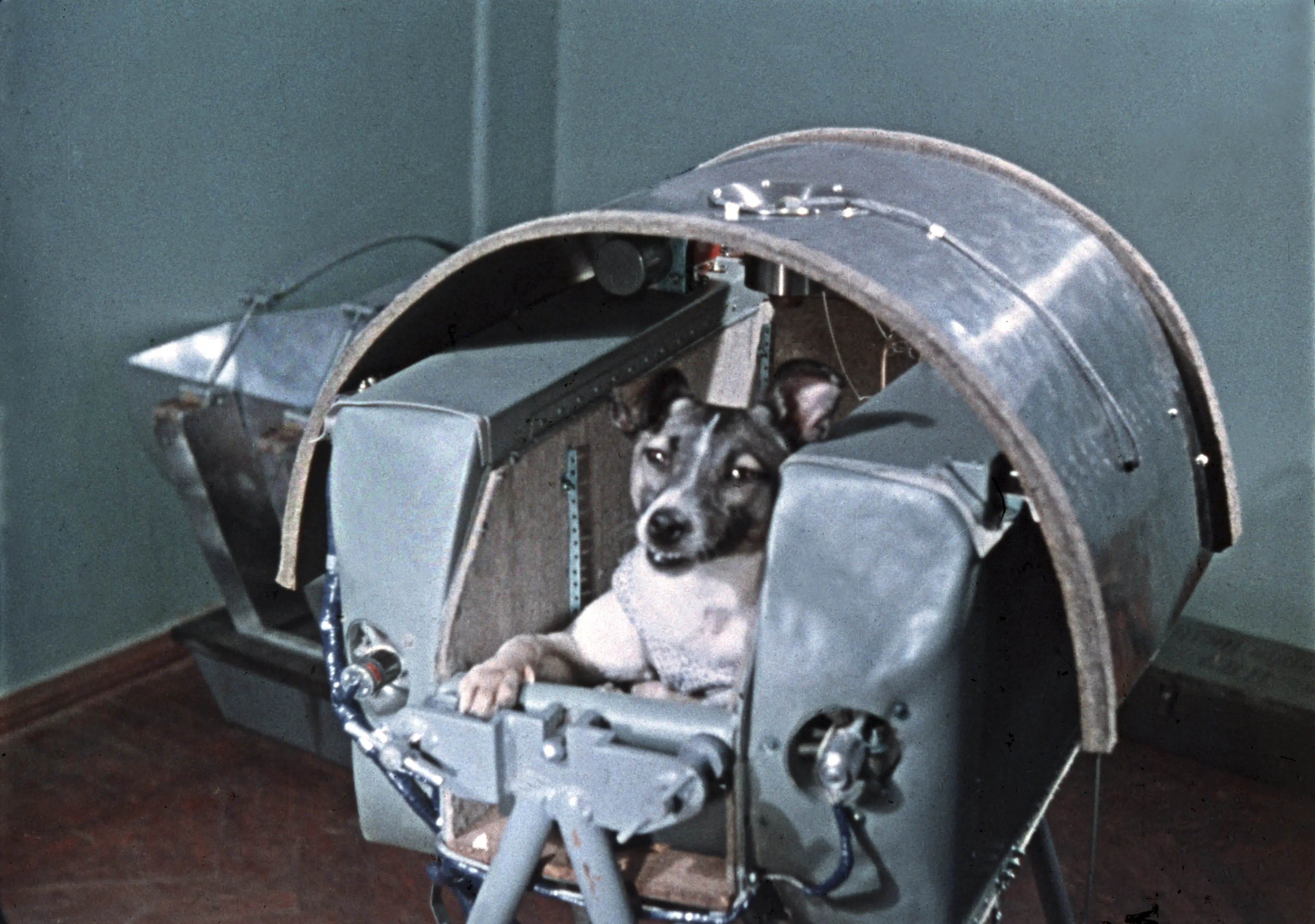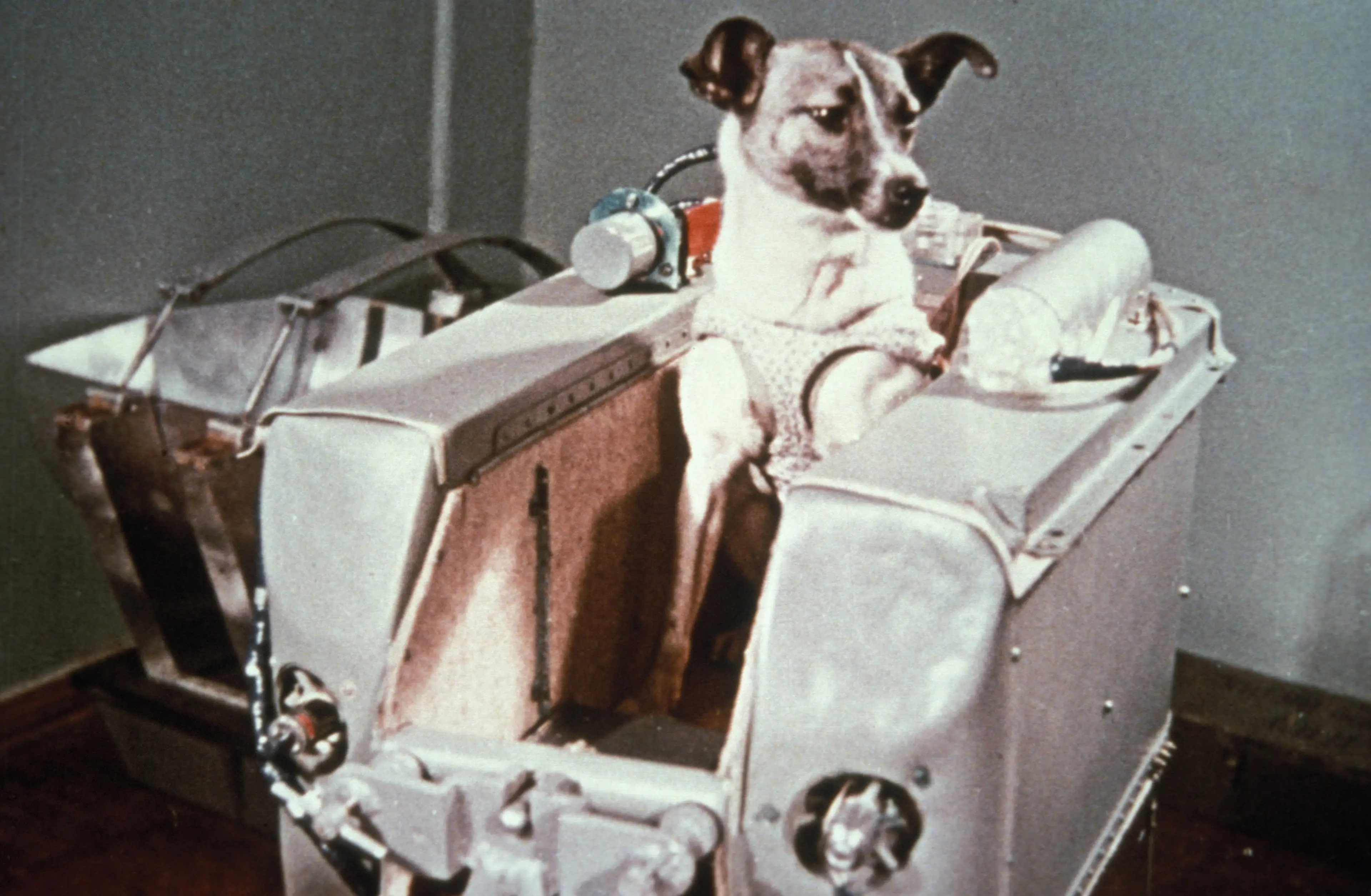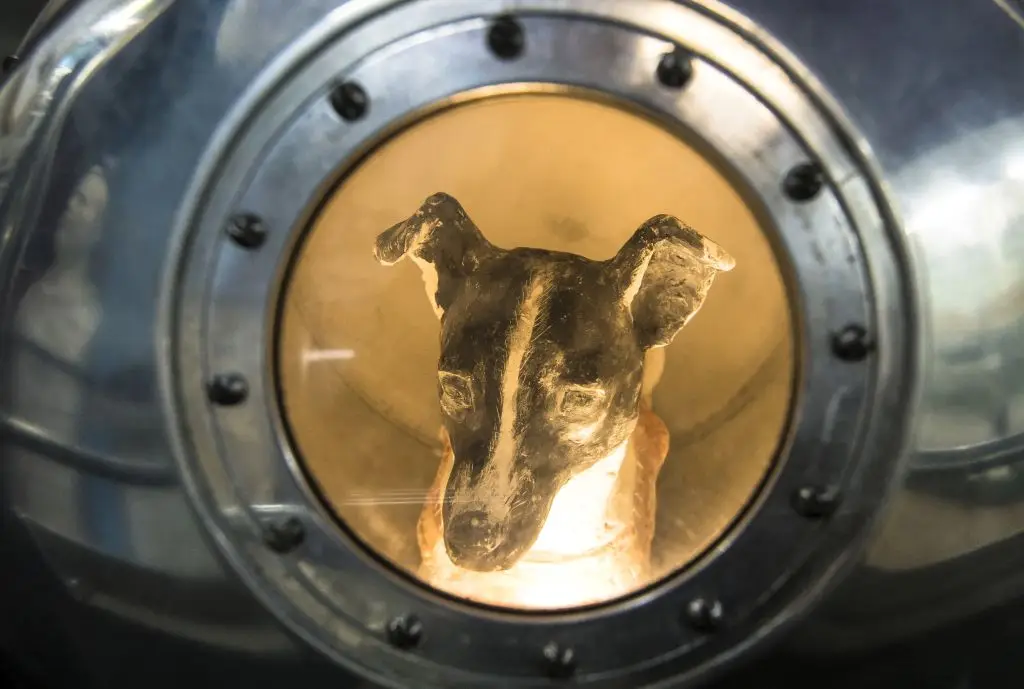
Here is the heartbreaking story of Laika, the first living being to orbit Earth from space.
When it comes to stories about the space race between the USA and the Soviet Union, we're all aware of stories such as Neil Armstrong landing on the moon or Yuri Gagarin being the first man in space.
But have you ever heard about Laika, the dog who became the first living being to orbit Earth?
However, the achievement came at a heartbreaking price.
Advert

The story of Laika, the Soviet space dog
Following the success of Sputnik 1, Soviet Union leader Nikita Khrushchev wanted a landmark achievement to mark the 40th anniversary of the October Revolution.
Sending an animal to space may sound like a baffling idea to the modern reader, but people of the 1950s were yet to see a man successfully enter space and return alive.
So it's pretty understandable why the majority of people would be hesitant to jump in a rocket and head up to space with no idea of what their fate would be.
Add this to the ongoing race between Americans and the Soviets who were both desperate to get one over on the other.
Which is why sending an animal up to gain a better understanding of what spaceflight would do to a living being was considered a good idea at the time.

Laika (a word which roughly translates to 'bark') was a stray dog found wandering along the streets of Moscow who found herself in the wrong place at the wrong time and was chosen by Soviet scientists to be their test subject for the mission.
The three-year-old part-samoyed, part-terrier dog was scooped up from the streets and promptly trained for the trip, which included getting her used to eating jellied food and spun in a centrifuge in order to accustom her to gravitational changes.
Laika's trip into space would begin on 3 November 1957, with the pooch instantly becoming an international story.
However her story would not have a happy ending.

There was no plan to have Laika return to Earth alive, with Soviet authorities at the time claiming dog survived for six to seven days before being euthanised before her oxygen.
However the true circumstances around her death would later come to light in 2002, Russian scientist Dimitri Malashenkov revealing that Laika had only lived for five to seven hours before dying.
It's believed she died from panic (known from a heart monitor attached to her before lift off) and overheating.
This theory, which is backed up by NASA, who believe the space craft may have overheated due to a combination of a faulty thermal control system and insulation tearing off during launch.
Laika would never return to Earth, with her remains (along with Sputnik 2) incinerating upon re-entry into our atmosphere on 14 April 1958.
Despite Laika's story having a heartbreaking ending, this didn't end the Soviets' plans to experiment on sending dogs into space, with Belka and Strelka becoming the first living organisms to successfully orbit Earth in 1960.
Topics: World News, History